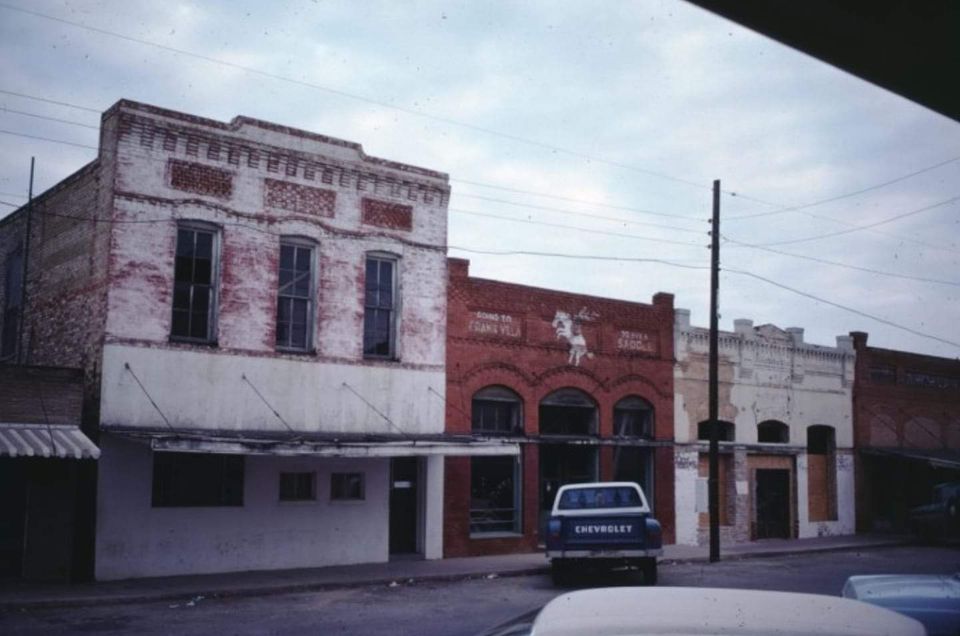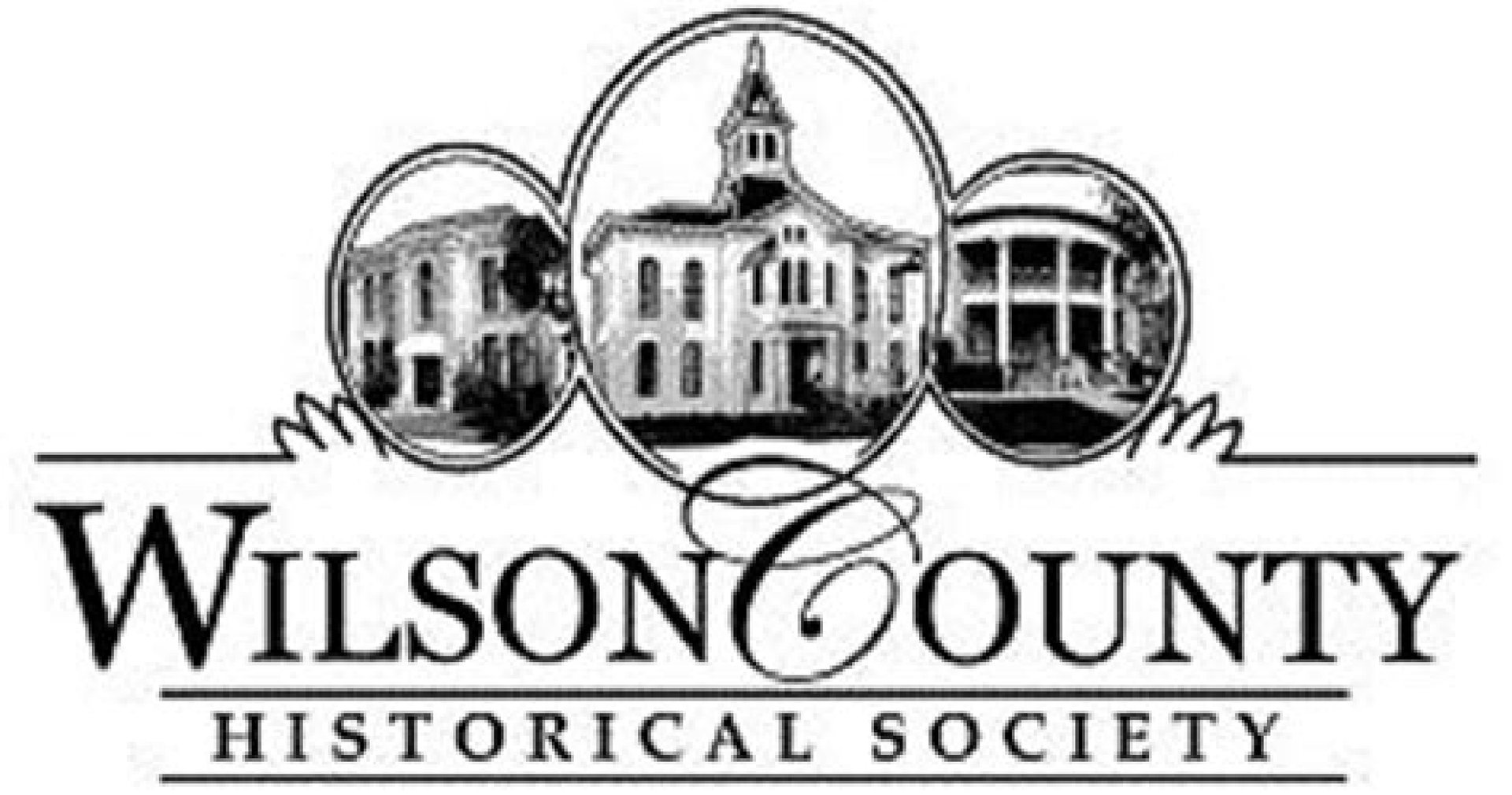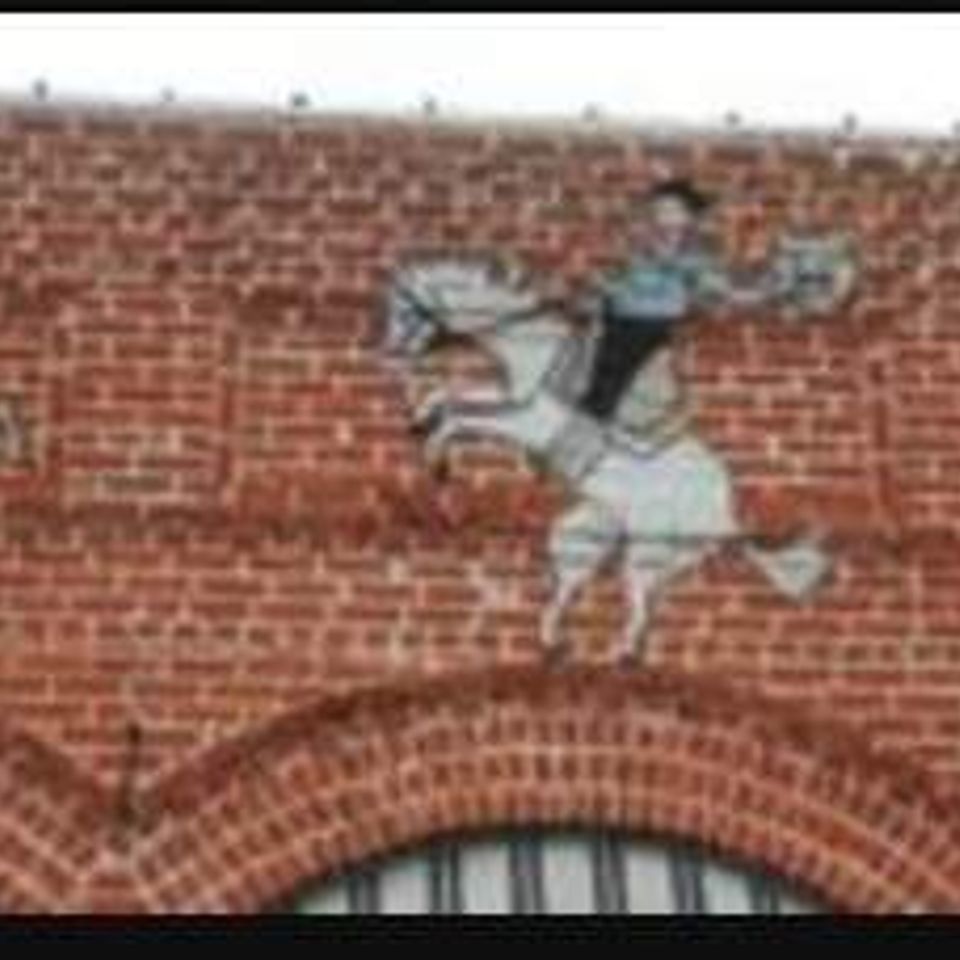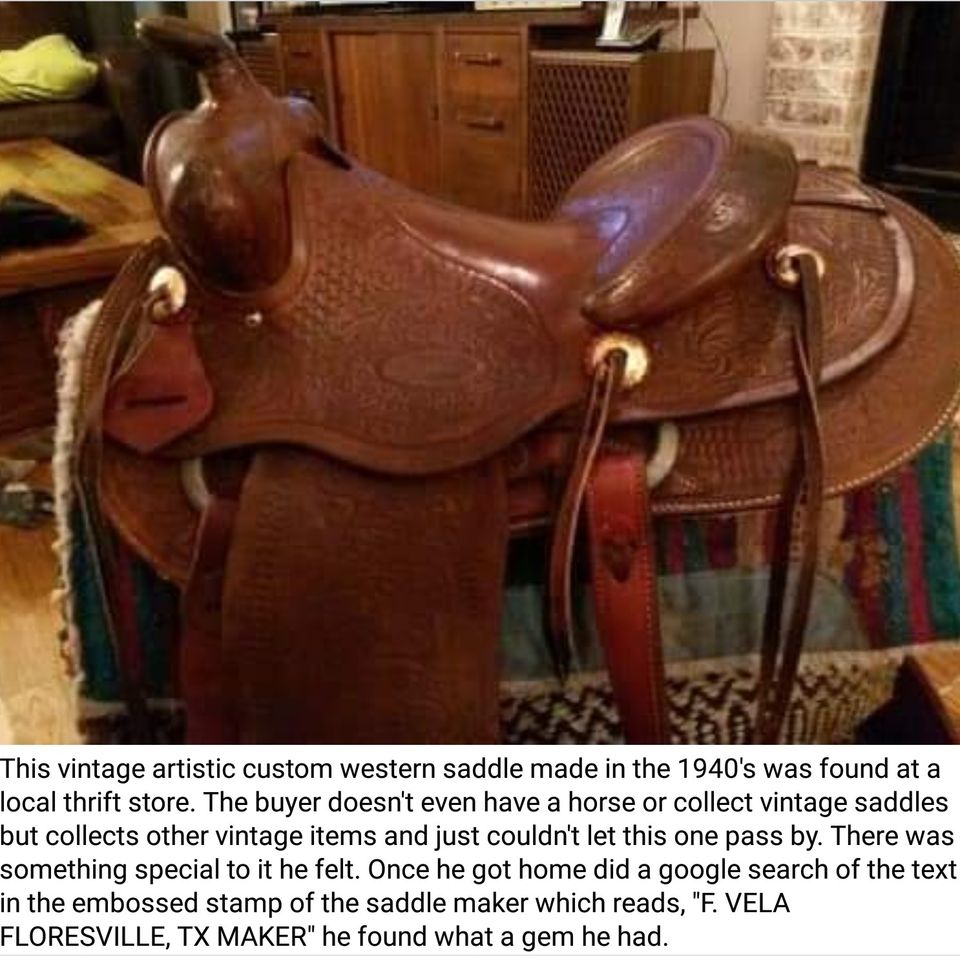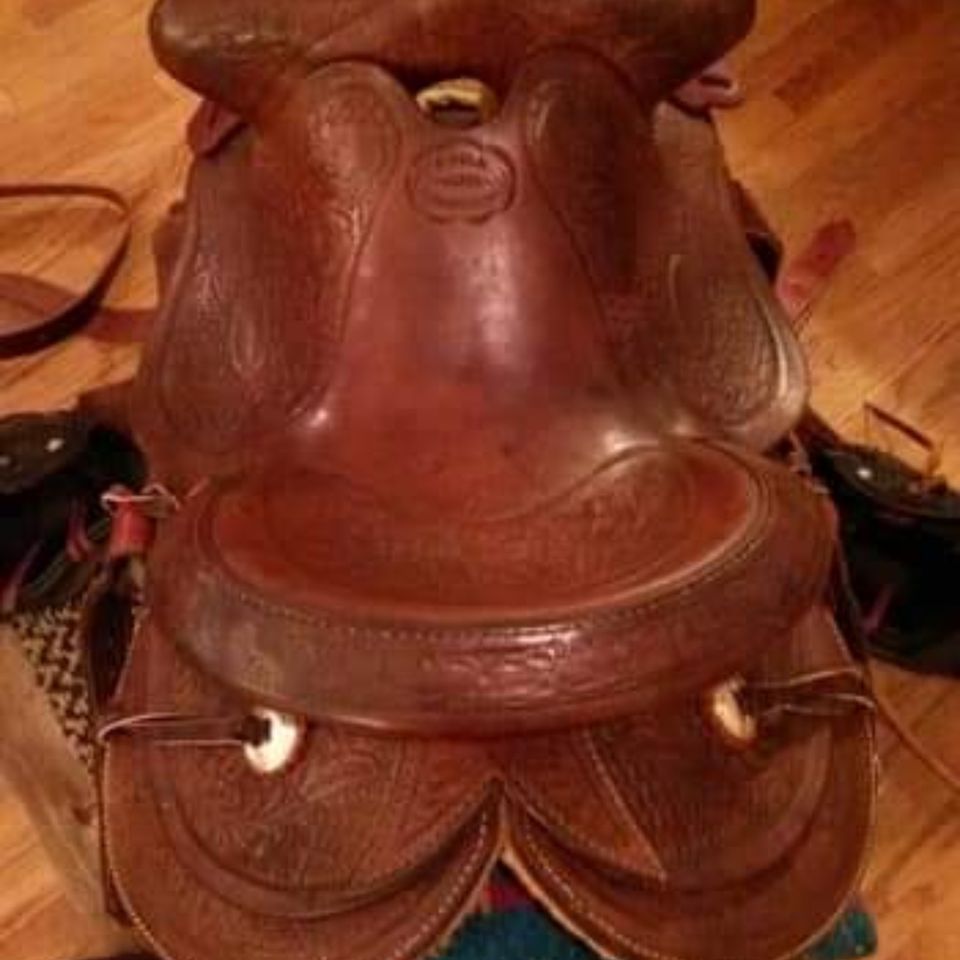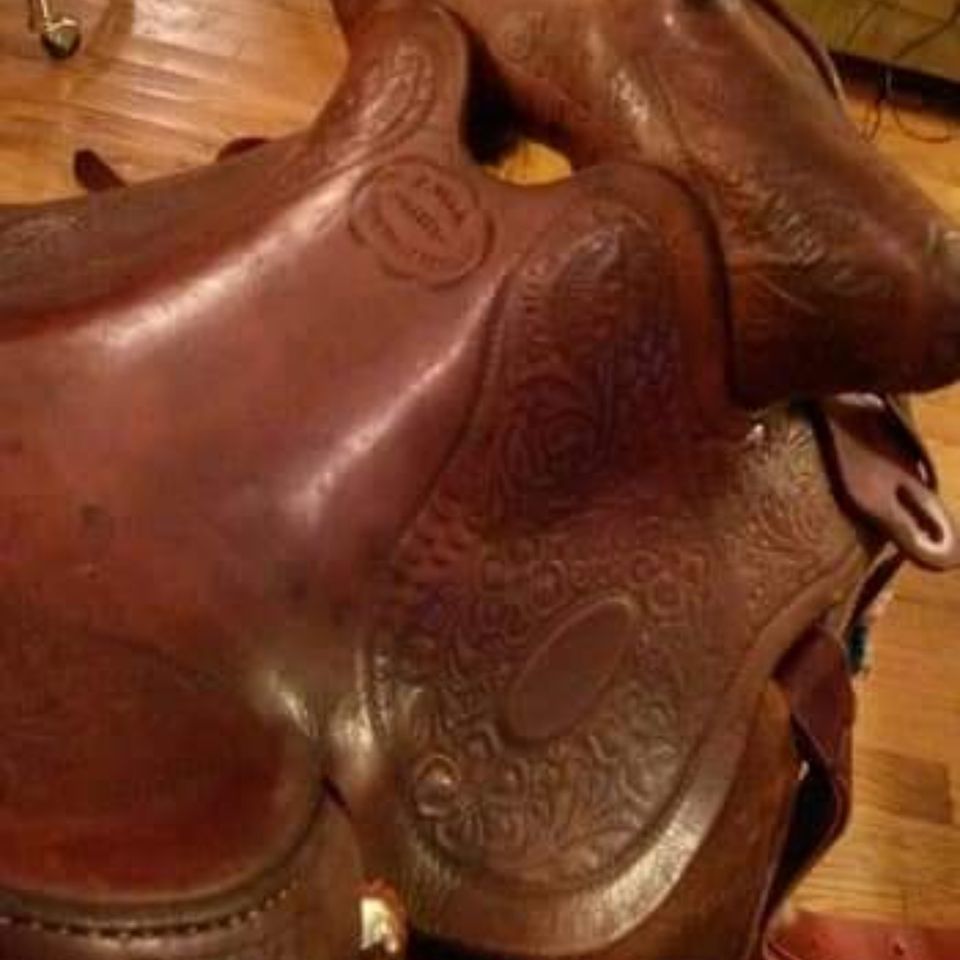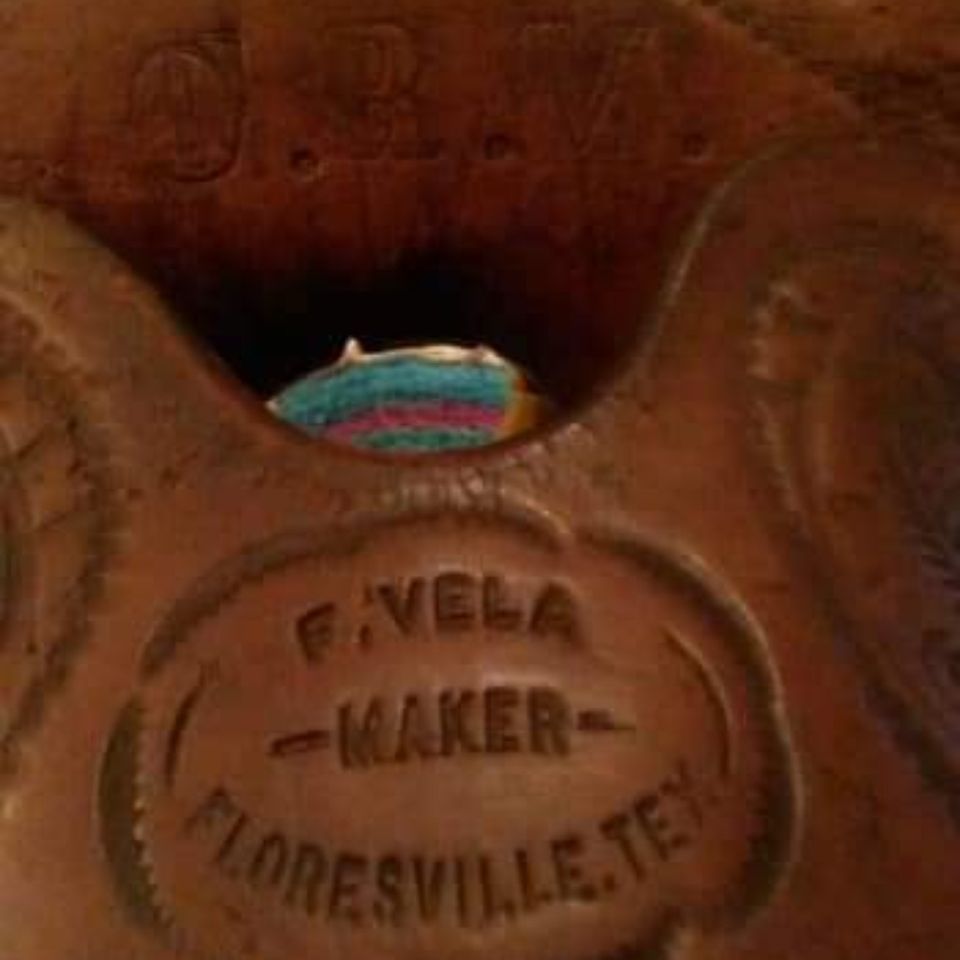Wilson County News
June 07, 2006
By Fred Owens
Third-generation saddlemaker planning to close shop
FLORESVILLE – Frank Vela made saddles with a reputation for quality that spread throughout Texas and beyond, until his death in 1959.
Ernest Carvajal, a great-nephew of Vela's and the heir to his legacy, still makes saddles in his shop on 3rd St. A visit to Carvajal's shop is a tour through living history, because he uses the same tools and methods that he learned from his father, Oscar Carvajal, who had apprenticed with his uncle, Frank Vela.
This 100-year family tradition will be coming to an end soon, because Ernest is planning to close his shop — with regrets.
Customers will find Ernest behind his roll-top desk or at his tool bench, and he has many stories to tell about how his great-uncle conducted business.
"One time a bootmaker in Floresville decided to make saddles and compete against Mr. Vela," Ernest said. "So Mr. Vela began to make boots and repair shoes in response."
Vela continued to make boots until his competitor gave
up.
The same thing happened when a local harness maker decided to go into the saddle business. Vela responded by making harnesses and selling them at cost, until his competitor surrendered.
During his peak production years in the 1920s and 1930s, Vela had a staff of perhaps a dozen men. On Friday afternoons the men liked to bring in a bottle of whiskey to start the weekend. Vela, of course, would not permit this.
The men, however, had a scheme. One of them would ostensibly head for the facility outside the back of the shop, but make a dash for the liquor store instead to buy the whiskey. Meanwhile, the men lowered a rope from the second story and hoisted the bottle into the shop. Everybody had a drink, and Vela knew it, but he never found out how they got the bottle inside. Vela's shop turned out five or six saddles a week, Ernest estimates. Vela's particular shop job was to cut the pieces for saddles out of whole tanned hides.
Cutting the leather pieces was not the most highly skilled operation in the making of a saddle, but a lot of Vela's profit depended on getting the most use out of each hide, and he would not trust that job to one of his workers. Also, the basket-weave patterns on most Vela saddles were not hand-tooled, but pressed in with a die, which Ernest still has, and still uses.
Ernest remembers these stories. His shop is a treasure of old catalogs and well-used saddles of particular design. The smell of leather brings out memories of times long gone.
When Vela died, his nephew, Oscar Carvajal, moved to San Antonio. He bought the Ben Varga Saddlery on South Flores St., which had been established in 1854. Oscar trained his two sons, Ernest and Oscar Jr., in saddlemaking. Eventually, after Oscar Sr.'s death, the Carvajal brothers moved the saddle shop back to Floresville. Ernest continued to make saddles, and Oscar Jr. branched out to making belts and holsters. Time passes, however, and family concerns are more important than business: Oscar, Jr. retired several years ago, and Ernest is not taking any new orders for saddles, so that he can close.
A dozen old saddles ride on wooden trestles in his shop and each one has a story.
Like the one with the brass horn — "The brass horn looked good, but you can see right away what the problem would be. They got hotter than blazes in the summer and burned your hand, so they went out of fashion pretty quickly," Ernest said.
There is also a 1915 U.S. Cavalry pack saddle: "I bought it from a customer," he said.
A McClelland saddle that was used by the Union cavalry in the Civil War lies next to a saddle with a high-back seat and German silver buckles from a later era. Vela saddles were built on a yellow-pine "tree," which is the stiff mold underneath the leather. A soft wood like yellow pine is preferred for saddle trees because it won't warp if it gets wet. Since a saddle will get wet sooner or later, either from rainfall or sweat, moisture has to be reckoned with. The tree is covered with rawhide, sewn and shrunk onto the tree like a tight skin. Rawhide is better than a plastic coating, according to Ernest, because it will hold the screws and nails that mount the tanned leather.
There is a lot more to making a saddle than this, of course. There is also a story about the building where Frank Vela originally made saddles. Al and Elaine Kolodziej, the owners of the Wilson County News, have a special regard for the Vela saddlery because they bought the building at 1014 C St. that used to house the saddle shop.The business had been closed for years when the Kolodziejs bought the building in 1997, but the old equipment and catalogs were still in it. Most of that equipment was given to Ernest Carvajal.The Kolodziejs left in place a long set of shelves and drawers from the old shop. The wooden unit is 20 feet long, located in the back room where printing jobs are now done. The reconditioned shelves and drawers will likely last another 100 years.
In the entrance to the Wilson County News is a Vela saddle made in 1932, used by J.B. Connally, the father of Gov. John Connally, and on permanent loan to the newspaper from the Connally family.
In the front of the building, the original lettering from the former saddle shop, "Going to Frank Vela's to Buy a Saddle," has been re-painted. Around the corner at Ernest's shop, when his customers hear him say that he's planning to close, they keep giving him more orders. "This might take longer than I thought," Ernest said. .
It might take forever. It might take as long as there are horses in Wilson County, because people will always be needing a good hand-made saddle, just like the one their grandfather had.
************
COURTESY/ Wilson County News 2006
